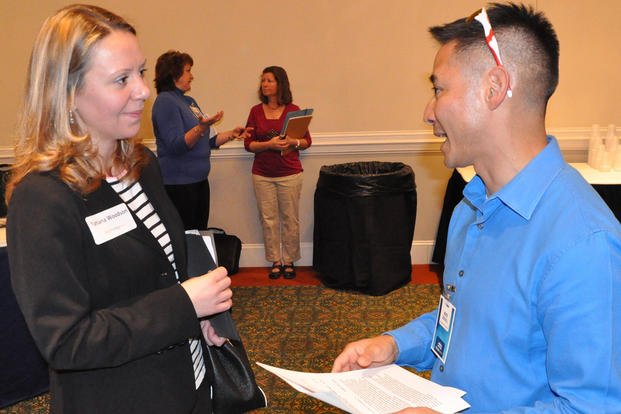Emotional intelligence (EQ) is the ability to deal effectively with other people and their feelings, as well as your own. In job hunting, a high EQ can produce a successful interview and ultimately a job offer.
Unlike your intelligence quotient (IQ), which is genetically predetermined, you can increase your EQ through awareness. And EQ may be as much a predictor of success (if not a better one) than your IQ, especially in job hunting, where personal interaction plays an important role.
According to an interview published in Selling Power magazine, noted EQ researcher Rob Scher suggests the following five elements of EQ are particularly applicable to interviewing, especially when the targeted position is within a sales organization:
Assertiveness
Being assertive helps you move the job opportunity forward without offending or frustrating the interviewer. Think of assertiveness as being located halfway between passivity and aggressiveness.
For example, suppose you are trying to close on a job offer, but the interviewer is delaying the final decision. You can respond in one of three ways:
- Passive: "Could you give me a call when you've made a decision?"
- Assertive: "Could you give me a specific time and date when you'll make your final decision?"
- Aggressive: "If you don't hire me right now, I'll go work for your competitor."
The first response is almost guaranteed to fail, while the third response, even if immediately successful, creates resentment. The second approach sets up specific conditions for the job offer without forcing the pace.
Self-Awareness
Identify your own feelings and use them to cope effectively with your job search. Follow these steps:
- Identify which emotions you're feeling. Are you angry? Sad? Self-conscious? Confident?
- Predict how your feelings will affect your performance during the job-hunting process.
- Compensate for negative emotions that might hinder your effectiveness and expand positive ones that might help you get the job offer.
For example, if you're furious that your first interview was a no-show, take some time to calm down before you go on another interview.
Empathy
Adapting to the interviewer's moods and emotions is as important as recognizing your own. Empathy begins with effective listening and observation. But simply knowing what the interviewer might be feeling is not enough to be empathetic. You must actually feel what the interviewer is likely to be feeling.
For example, suppose you discover that the interviewer has just received some bad news. You can respond by:
- Proceeding with the interview as if nothing had changed, demonstrating low EQ.
- Suggesting another time for the interview, showing more moderate EQ.
- Taking a moment to imagine the sense of confusion that the interviewer might be feeling and, depending on the situation, decide whether he would prefer to commiserate or, alternatively, be distracted. If you're unsure, ask the interviewer what he would like to do. This reveals high EQ.
Problem Solving
To show the interviewer how you will help satisfy his organization's needs, you need to act as a problem solver. Follow these steps:
- Discover what these really are. Don't try to present yourself as a solution to a problem you don't fully understand.
- Help the interviewer visualize how those needs could and should be satisfied.
- Show how hiring you could move the interviewer's organization closer to the way the interviewer would like them to be.
Happiness
It's important to maintain a sense of balance when things go awry so you leave your prospective employer with a good impression.
Suppose, for instance, an important job interview goes poorly. You might want to beat yourself up and question your worthiness to be hired. Instead, realize that every interview is different, and the next will probably be better. If you can take a bad interview in stride, you will be more likely to feel and communicate enthusiasm and energy during your next interview.
Want to Know More About the Military?
Be sure to get the latest news about the U.S. military, as well as critical info about how to join and all the benefits of service. Subscribe to Military.com and receive customized updates delivered straight to your inbox.











